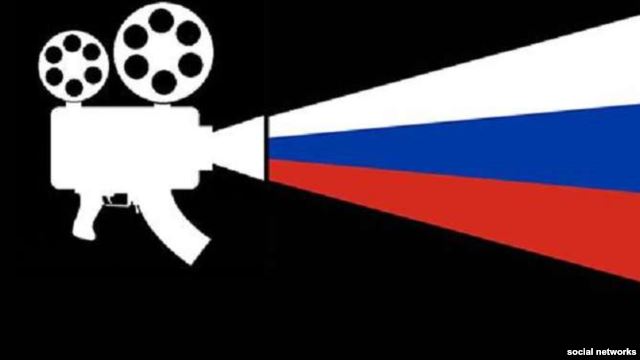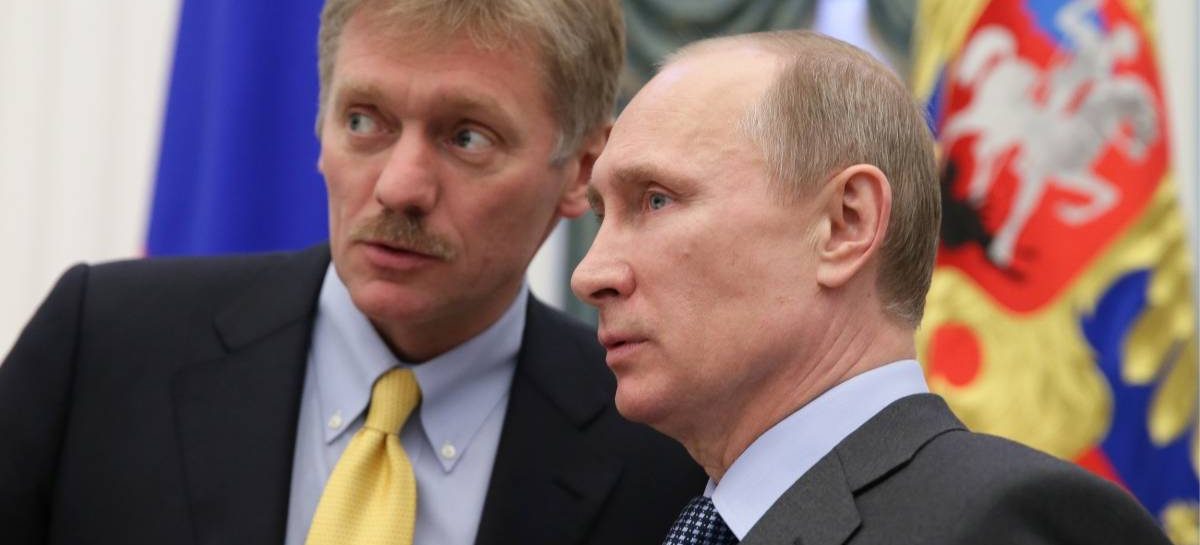The Kremlin has officially sanctioned the agenda for a new phase of information warfare against Ukraine, as reported by the Press Service of the Main Intelligence Directorate of the Ministry of Defense of Ukraine.
On August 25, 2023, a meeting was held within the administration of the Russian President Vladimir Putin, focusing on the forthcoming phase of information warfare within the Ukrainian and global media domains.
The event saw the participation of Kremlin “technologists,” Sergey Kiriyenko, First Deputy Chief of the Administration under Putin, and representatives of media resources engaged in operations within the information sphere. The focal point of the meeting was the approval of specific narratives designed to discredit Ukraine and influence its international partners.
The thematic focus for the upcoming phase of Russia’s disinformation campaign:
“Mass mobilization” narrative:
– Implying that all Ukrainians, regardless of gender, age, or health status, will be subject to mobilization.
– Suggesting that mobilization will also involve minors.
“Undermining confidence in Ukrainian partners’ victory potential” narrative:
– Speculative agreements on “peace in exchange for territories.”
– Fabrication of political agreements, including concocted materials about an alleged “secret agreement” between Kyiv Mayor Vitaliy Klitschko and representatives of the Republican Party of the United States concerning support for his future presidential elections in Ukraine.
“Ukrainian counteroffensive is unsuccessful” narrative:
– Indicating an increase in the number of burials of Ukrainian soldiers using examples from cemeteries in major cities.
– Asserting a lack of progress on the front despite significant losses, propagating the theme of the demise of local Defenders in every region of Ukraine.
– Blaming fictitious “failures” to discredit Ukrainian military commanders and officials.
“Total corruption” narrative:
– Imposing the notion that the state is not combatting corruption – alleging “budget embezzlement” and claiming that procurements are not conducted.
– Suggesting a lack of punishment for corrupt individuals.
“‘Prosperous’ life in occupied territories” narrative
– Depicting high salaries, low prices, and access to essentials.
– Highlighting “development” of infrastructure and reconstruction of destroyed housing.
– Promoting “free” elections on a “single voting day” based on Russian laws.
– Fabricating documents to show Ukraine “abandoning” occupied territories, including a demonstration of fabricated documents.
– Falsely suggesting Ukrainian authorities are “surrendering” Kupiansk.








